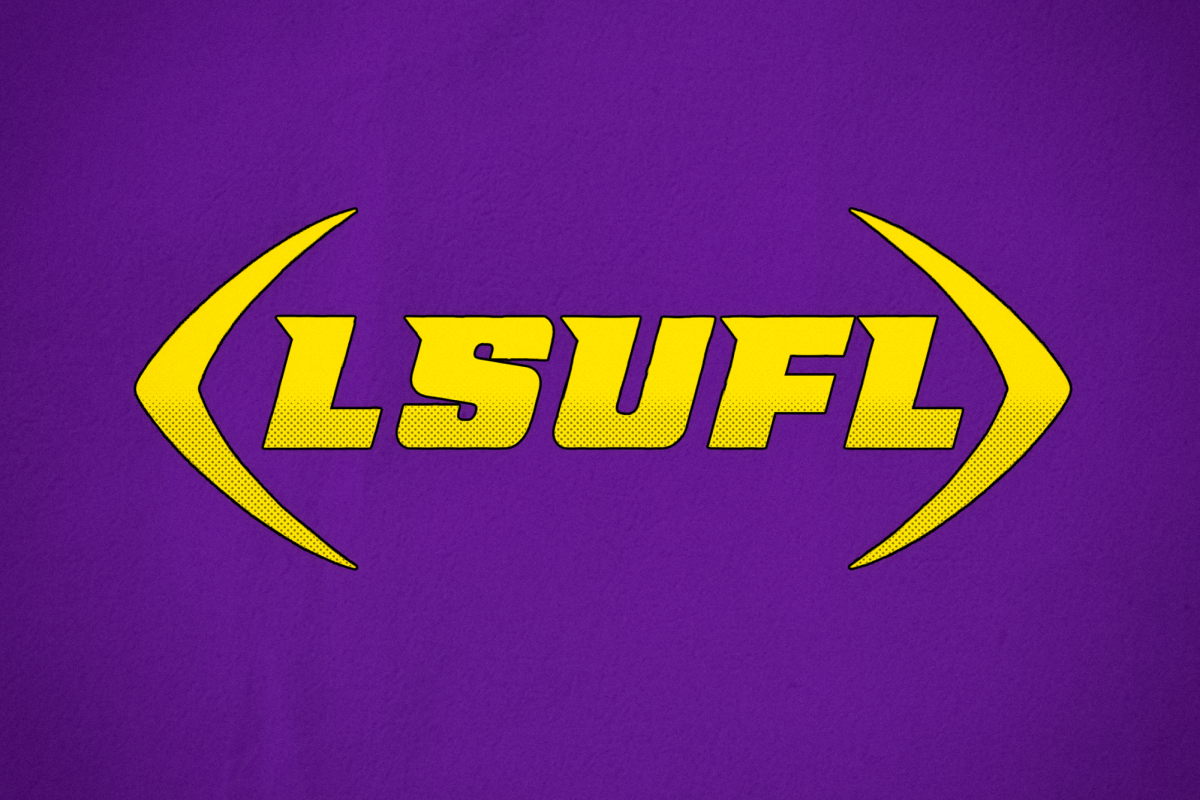According to a 2009 Sports Illustrated article, 78 percent of former NFL players have gone bankrupt or are under financial stress because of joblessness or divorce within just two years of retirement, and an estimated 60 percent of NBA players are “broke” within five years of retirement.
These statistics have been disputed since their inception, but regardless of the precision of these percentages, the number of professional athletes facing economic distress is undoubtedly significant.
LSU marketing professor Thomas Karam has developed a program to help former NFL players transition into their lives after football in hopes they might avoid becoming a part of these statistics.
“The Program on Personal Branding” is a three-day seminar in which a dozen former NFL players are invited to participate in workshops where they learn management skills, how to build their brand and how to conduct a job interview.
Rather than focusing on money management, the program is designed to teach these players how to fix their personal brand by looking at what they could have done to better leverage it during their time in the NFL.
“These athletes had so much star power and credibility when you played in the league, and they messed it up,” Karam said. “They just didn’t leverage [their brand] when they were in the league. They didn’t do the autograph they should have done. They didn’t give a speech they could have given. … They didn’t do the simple things that they wish they would have done, but they didn’t.”
Karam said after the former athletes learn what they could have done in the past to avoid their current problems, they can move forward with a better understanding of how they should build their brand in the future.
Karam chose to work with former athletes because younger, active players do not typically see the value in personal branding.
“Their world is fast and exciting,” Karam said. “They don’t see it. If you spend your time trying to get them, nothing is going to happen. I always saw the former players. They are forgotten the day they’re cut, and it didn’t feel good to be loved one day and forgotten the next.”
Karam spent years tweaking and pitching this program before LSU finally bought into the idea.
“That’s a lot of failure,” Karam said. “Probably three times a month I would try to sell it. … It took 11 years to convince LSU to do it, which I guess means I’m a bad salesman.”
It may have taken a while, but Karam’s dedication to this program is finally starting to pay off. It has been so successful in its first two years that LSU football coach Les Miles requested a similar program dedicated to LSU athletes.
This would give LSU athletes the opportunity to hit the ground running and possibly avoid financial distress in the future.
“Even if they don’t go to the league, transitioning from an LSU athlete to just an everyday kid is a drop,” Karam said. “It is just like transitioning from the NFL. What you want to do while you are an LSU athlete is leverage the LSU brand.”
The program is currently limited to football players, but Karam intends to expand it to allow athletes from all sports.
“We could easily open it up to all sports,” Karam said. “But I have discovered that you have to make sure you’re good at it. It is like a specialty shop; you want to be good before you can expand.”
The early success of the program has led other schools to show interest in emulating the program after seeing the importance of the service it provides.
Karam was happy to find these schools looking to jump on board, and said he developed the seminar so it could be copied and reach as many athletes as possible.
“We are not here to transform their lives,” Karam said. “We just want them to leave with a little something. … Hopefully they leave with material and a better understanding of how they can continue on with their lives.”
“Hopefully, they leave with material and a better understanding of how they can continue on with their lives.”





